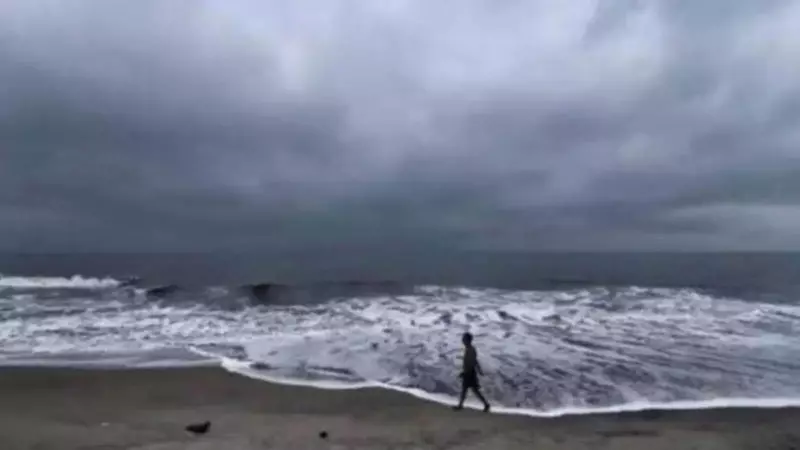
The tranquil waters of the Indian Ocean are hiding a turbulent secret. Groundbreaking research has uncovered a disturbing pattern: the ocean basin has become a breeding ground for extreme weather events, spawning an astonishing 70 cyclones over the past 17 years.
Scientists at Goa's prestigious National Institute of Oceanography have sounded the alarm, revealing that rising ocean temperatures are directly fueling this cyclone explosion. Their comprehensive study paints a concerning picture of our changing climate's immediate impacts.
The Numbers Tell a Chilling Story
Since 2007, meteorological data shows an unprecedented surge in cyclone formation. What was once considered rare has become increasingly common, with the warming waters acting as a massive energy source for these destructive storms.
The research highlights several critical findings:
- Sea surface temperatures have risen significantly, particularly in Arabian Sea regions
- Warmer waters provide the perfect fuel for cyclone intensification
- Coastal communities face growing threats from more frequent and powerful storms
Why This Matters for India's Future
This isn't just scientific data—it's a warning bell for millions living along India's extensive coastline. The increased cyclone activity poses direct threats to:
- Coastal infrastructure and urban development
- Agricultural communities dependent on stable weather patterns
- Marine ecosystems and fishing industries
- Economic stability in vulnerable regions
The Goa-based researchers emphasize that understanding these patterns is crucial for developing effective climate adaptation strategies. Their work provides valuable insights for policymakers and disaster management authorities working to protect coastal populations.
A Call to Action
As the Indian Ocean continues to warm, the scientific community urges immediate attention to climate resilience. The study serves as both a documentation of changing patterns and a urgent call for coordinated action to address the root causes of ocean warming.
The next decade, researchers warn, will be critical in determining how well India adapts to these new climate realities and protects its coastal communities from increasingly frequent extreme weather events.





